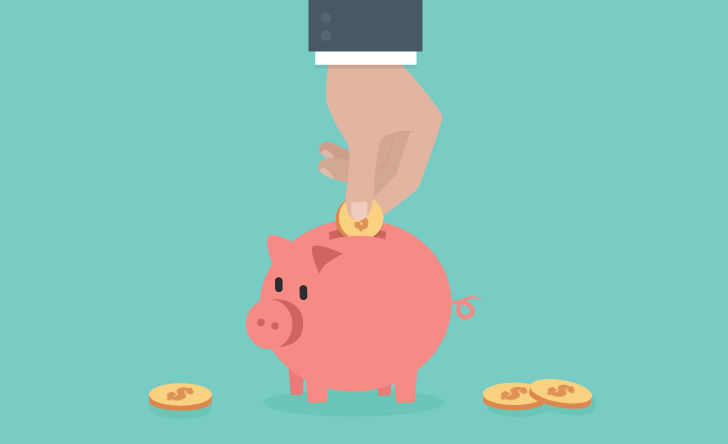Close to half of working renters in Canada don't have enough savings to pay their bills for more than a month if they lose their jobs, according to a new analysis by the Canadian Centre for Policy Alternatives (CCPA).
Statistics Canada data from 2016 show that 3.4 million Canadian households are renters whose main source of income is employment or self-employment income. “Of this group, 46 per cent, or 1.6 million households, only have enough money saved to pay their bills for a month or less,” says the CCPA’s analysis. Meanwhiile, 24 per cent of the total, or 830,000 households, don't have enough income to get through a single week without pay.
"As more Canadians lose their incomes to COVID-19 every day, hundreds of thousands of families could soon be forced to choose between buying groceries and paying the rent," said Ricardo Tranjan, political economist and senior researcher with the CCPA Ontario office. "It's good that the Government of Canada has announced plans to support lower-income Canadians, but many families can't wait for support by April or May – they need it now. A lot of out-of-work tenants will be in dire straits before the end of the month."
He added that as the crisis worsens, the need to support low-income renters becomes even more urgent and help form both the federal and provincial governments is needed to keep renters safe and solvent.
"Some higher-income renters may just need to defer their rent until they can get back to work, but for lower-income renters, deferral likely means taking on debt that they won't be able to repay," Tranjan said. "In those cases, we need direct government assistance and the full cooperation of landlords."
To learn more, consult the full CCPA report here.




